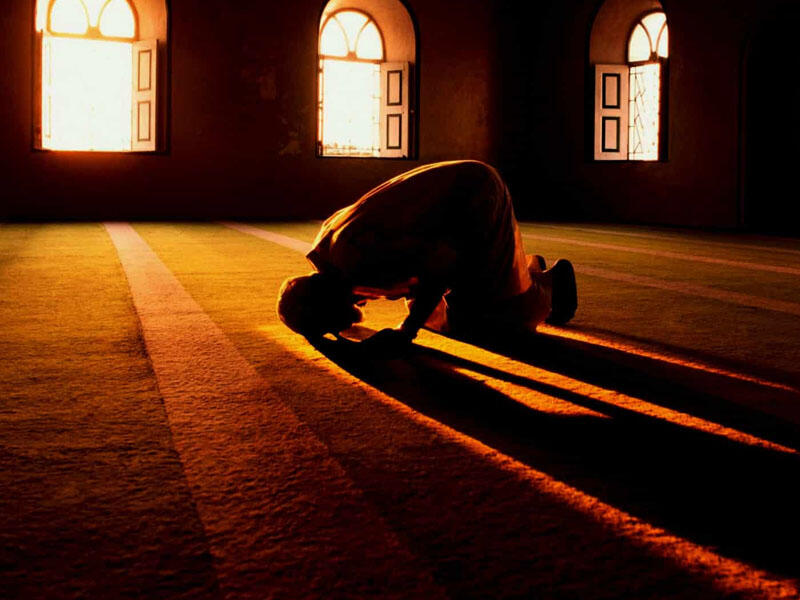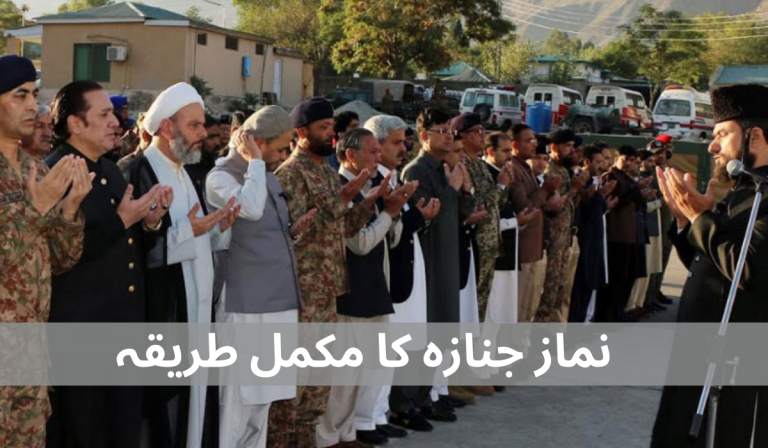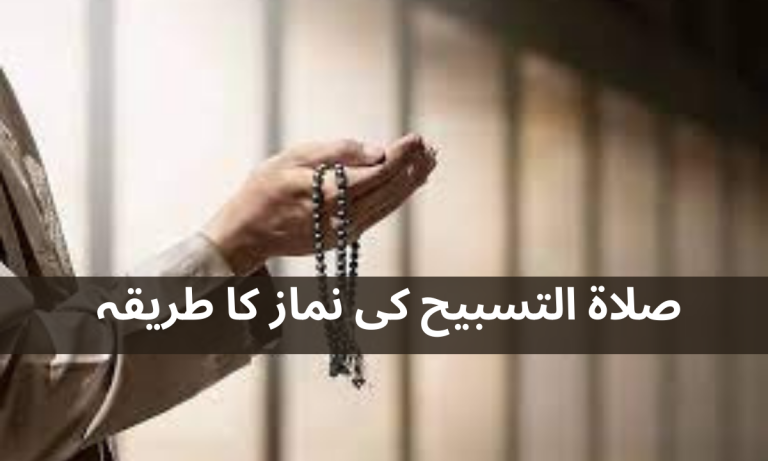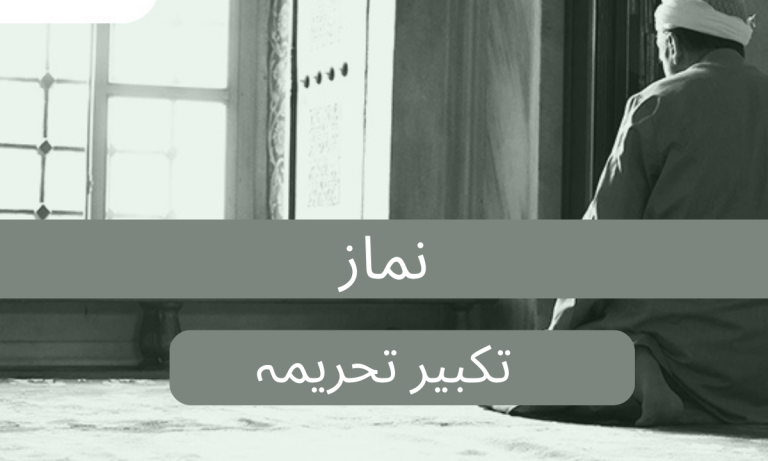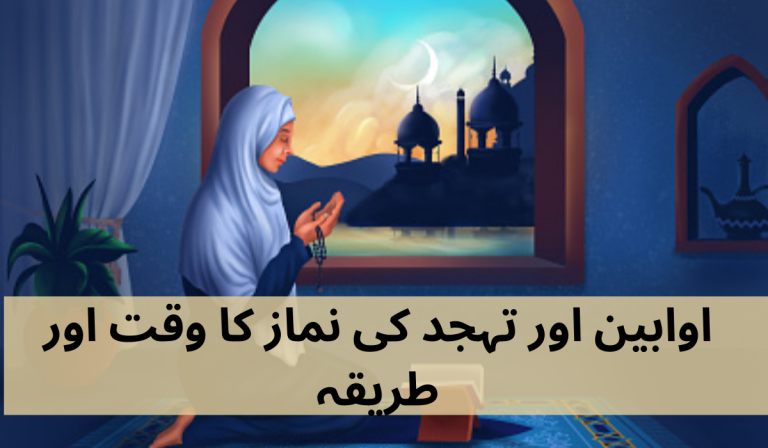The Prayer of Need (Salat al-Hajah) or Istikhara Step By Step Guaid

The Prayer of Need (Salat al-Hajah) or Istikhara Step By Step Guaid Salat al-Hajah and Istikhara are two distinct prayers in Islam, each serving a specific purpose. Salat al-Hajah is a voluntary prayer offered during times of need or when seeking a particular wish or assistance from Allah. It is a heartfelt plea to the Almighty to fulfill a specific need or desire.
The Prayer of Need (Salat al-Hajah) or Istikhara Step By Step Guaid
In contrast, Istikhara is a prayer for guidance, employed when faced with important decisions, seeking Allah’s divine direction and wisdom to make the right choice. Both prayers exemplify the profound connection between faith and daily life, allowing Muslims to turn to Allah in times of need and decision-making, relying on His wisdom, guidance, and mercy.
Salat al-Hajah and Istikhara are two distinct types of prayers in Islam, each serving a specific purpose:
- Salat al-Hajah (The Prayer of Need):Salat al-Hajah is a voluntary prayer offered by Muslims when they are in need or facing a significant challenge in their life. It is not a specific, prescribed prayer mentioned in the Hadith, but rather a recommended way to seek Allah’s assistance and guidance during times of difficulty or when seeking a specific need or wish to be fulfilled.
The procedure for Salat al-Hajah is generally as follows:
- Perform ablution (wudu).
- Offer two Rak’ahs (units of prayer).
- In each Rak’ah, after reciting Surah Al-Fatiha, you can recite any verses from the Quran or make personal supplications (duas) addressing your specific need.
- After completing the two Rak’ahs, make a heartfelt dua, asking Allah to fulfill your need or wish.
It’s essential to approach Salat al-Hajah with sincerity, trust in Allah’s wisdom, and patience, as the fulfillment of your need is ultimately in His hands.
- Istikhara (The Prayer for Guidance):Istikhara is a specific prayer offered by Muslims when they need to make a decision and seek Allah’s guidance on a matter. It is often used when facing choices or making life-changing decisions, such as marriage, business, or travel. The purpose of Istikhara is to seek Allah’s guidance in making the right decision that aligns with His will.
The procedure for performing Istikhara is as follows:
- Perform ablution (wudu).
- Offer two Rak’ahs.
- After the Salat, recite the special Istikhara dua, asking Allah to guide you and make your decision easy if it is good for you, or to turn you away from it if it is not in your best interest.
- Mention the specific decision or matter you need guidance on during your dua.
After performing Istikhara, one should trust Allah’s wisdom and follow their heart and instincts regarding the matter. It is not necessary to see a dream or receive a specific sign. The outcome of Istikhara may become clear through events, circumstances, or a sense of peace in your heart.
In summary, Salat al-Hajah is a prayer of need offered when seeking assistance or fulfillment of a specific need, while Istikhara is a prayer for guidance used when making important decisions. Both prayers are valuable tools for seeking Allah’s help and direction in different aspects of life.
The Time Of Need (Salat Al-Hajah) Or Istikhara
The times for Salat al-Hajah and Istikhara are flexible and can be performed at any time, as needed, depending on the specific circumstances:
- Salat al-Hajah (The Prayer of Need): You can offer Salat al-Hajah at any time when you have a specific need or wish. It’s a flexible prayer that can be performed as often as required, whether during the five daily prayers, after the obligatory prayers, or at any other time of the day or night. The key is to approach it with sincerity and urgency when you feel the need for Allah’s assistance.
- Istikhara (The Prayer for Guidance): Istikhara is typically offered when you need guidance or clarity in making a significant decision. It is recommended to pray Istikhara before going to sleep at night, but it can be performed during the day as well. The prayer’s timing is not as crucial as the sincerity of your intention and trust in Allah’s guidance. After praying Istikhara, one should watch for signs, feelings, or circumstances that may help in making the decision.
In both cases, it’s essential to approach these prayers with sincerity, trust in Allah, and patience. While there are recommended times for Istikhara, it’s more important to pray it when you genuinely need guidance, regardless of the time of day. For Salat al-Hajah, you can offer it whenever you have a specific need or request.
Benefits Of This
The benefits of Salat al-Hajah (The Prayer of Need) and Istikhara (The Prayer for Guidance) in Islam are significant and encompass both spiritual and practical aspects:
Benefits of Salat al-Hajah (The Prayer of Need):
- Seeking Allah’s Assistance: Salat al-Hajah is a means for Muslims to turn to Allah during times of need, acknowledging their dependence on Him for help and guidance.
- Expressing Sincerity: This prayer allows individuals to express their sincerity and reliance on Allah when facing difficulties or seeking fulfillment of specific wishes or desires.
- Spiritual Connection: Salat al-Hajah fosters a strong spiritual connection with Allah, reminding believers of His omnipotence and willingness to respond to their supplications.
- Inner Peace: By offering Salat al-Hajah, individuals often experience a sense of relief and inner peace, knowing that they have placed their concerns in Allah’s hands.
Benefits of Istikhara (The Prayer for Guidance):
- Seeking Allah’s Guidance: Istikhara is a powerful tool for seeking Allah’s guidance when making important life decisions. It helps individuals make choices that align with His will.
- Clarity and Confidence: By performing Istikhara, one can gain clarity and confidence in their decision-making process. It provides a sense of peace and trust in Allah’s plan.
- Avoiding Regret: Istikhara can help individuals avoid making hasty or ill-informed decisions that they may later regret. It allows for a thoughtful and informed choice.
- Strengthening Faith: Engaging in Istikhara strengthens a person’s faith and reliance on Allah’s wisdom and knowledge, reinforcing their understanding of Him as the Bestower of guidance.
- Divine Significance: Some individuals may experience dreams, feelings, or circumstances that provide insight into their decision after performing Istikhara, further affirming its divine significance.
In summary, both Salat al-Hajah and Istikhara offer Muslims a means to seek Allah’s assistance, guidance, and support in various aspects of life. These prayers are valuable tools that provide comfort, clarity, and a deeper spiritual connection while navigating the challenges and decisions one faces in their journey of faith.
Conclusion
In conclusion, Salat al-Hajah (The Prayer of Need) and Istikhara (The Prayer for Guidance) are two essential and flexible prayers in Islam, each serving distinct purposes with a range of significant benefits. Salat al-Hajah enables Muslims to seek Allah’s help and express their sincerity during times of need, fostering a strong spiritual connection and inner peace.
On the other hand, Istikhara guides individuals in making important life decisions by seeking Allah’s guidance, leading to clarity, confidence, and informed choices while strengthening faith and trust in Allah’s divine plan. Both prayers exemplify the profound connection between faith and daily life, providing comfort, guidance, and spiritual enrichment along the journey of a Muslim’s life.
